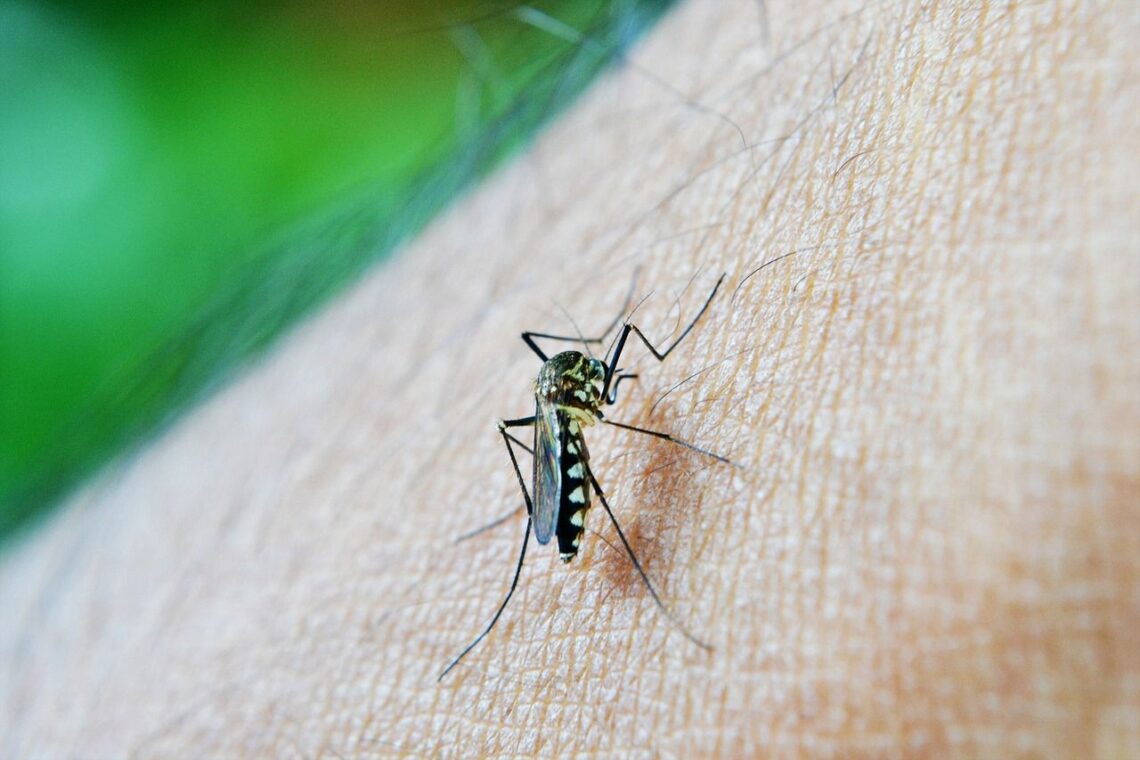One person has died after a rare mosquito-borne disease, called Eastern equine encephalitis (EEE), was detected in Alabama.
Two cases were reported from Baldwin County in the past few weeks, the Alabama Department of Public Health said in a press release. Health officials caution people to protect themselves from mosquito bites, the carrier of the virus.
“Residents are advised to be cautious and take steps to protect themselves and their pets from mosquitos,” City of Spanish Fort officials said.
EEE virus was also found in horses and mosquitoes in New York. But no human cases were reported in the state till now, the New York State Department of Health said in a news release.
EEE is a rare but serious viral infection that has a fatality rate of 30%. There are no effective medications to prevent or treat the infection, and many survivors develop neurologic impairments. The virus does not transmit from an infected human.
Know the symptoms of EEE
While some people infected with the virus may not develop symptoms, in those who develop signs, the incubation period is from four to 10 days.
A mild infection cause febrile illness with fever, chills, muscle pain and joint aches that lasts one to two weeks. When the infection becomes severe, the patient may develop brain inflammation (encephalitis) with signs such as confusion, drowsiness, headache, diarrhea, vomiting, high fever and loss of appetite. A severe infection can also lead to meningitis, a serious condition that causes swelling of the membranes that surround the brain and spinal cord.
Survivors of severe infection are at risk of complications such as brain dysfunction, intellectual impairment, personality disorders, seizures, paralysis and coma.
Although it is a serious infection, EEE is not always life-threatening. The severity of the infection depends on age and several other factors, including immunity. People with blood pressure, diabetes, kidney disease and those undergoing organ transplants and cancer treatment are…
Read the full article here








